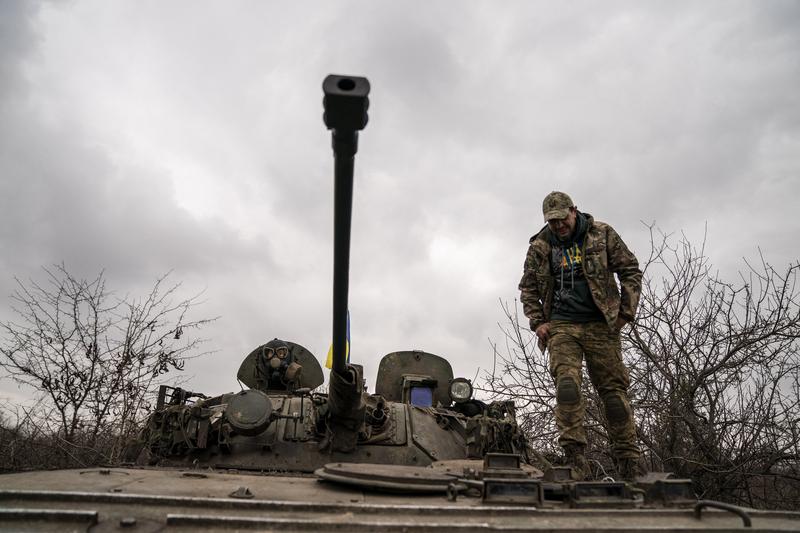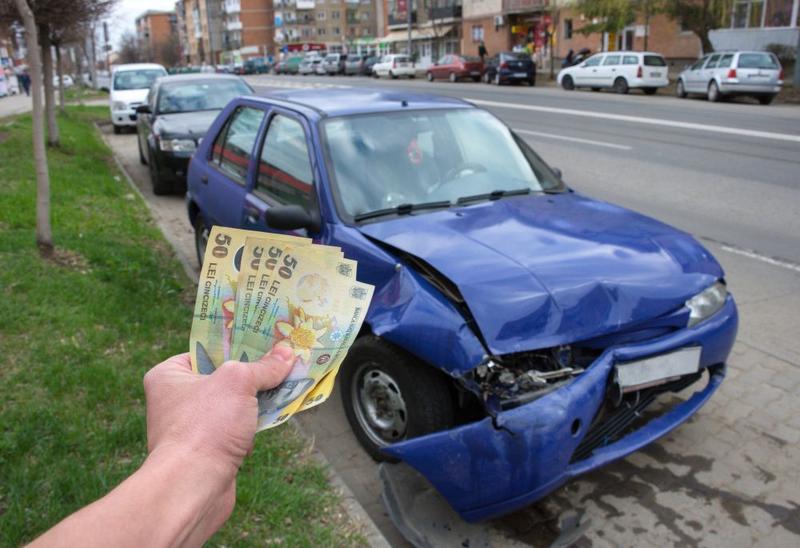Princess Margareta Sturdza, mother to one of Romania's reigning families' descendent, has passed away, the Romanian press reads. Elsewhere in the news, regardless who Romanians elect as president, Romania will have to pay back the banks a debt worth of 26.5 billion euros. Further in the news, Romanian epidemiologists fear a mutation in the swine flu virus affecting people in North-East. Last but not least, the Romanian Government owes American company Bechtel 100 million euros.
Princess Margareta Sturdza, mother of Romanian prince Dimitrie Sturdza, has passed away on Monday, at her home in France, Paris, the Romanian press reads. Born in Kaaval, she was mother to one of Romanian reigning families descendent. She will be buried on Friday, Romania Libera informs.
Margareta married Gheorghe Sturdza, one of the two children given by the couple Mihai D. Sturdza (descendent of Sturdza voda, a Romanian ruler) and Olga Mavrocordat. They met in Oxford, wed in Oslo and settled in Popesti (Romania). In 1948, the couple were considered "state enemies", so they fled the country.
The Sturdza family is one of the oldest aristocratic Romanian houses that ruled over Moldova - Ionita in 1882 - 1828 and Mihai 1834 - 1849. Vasile Sturdza was Interior minister and president of the Council of Moldova in 1859; Dimitrie Alexandru Sturdza-Miclausanu was an academician and political character, four times Romanian PM from 1895 to1909. Dimitrie Alexandru Sturdza was president of the Romanian Academy from1882 to 1884. And Mihail Sturdza was Foreign Affairs minister during 1940-1941.
Regardless who Romanians elect as president, Romania will have to pay back the banks a debt worth of 26.5 billion euros, Gandul reads. The only realistic solution is to get another loan for it. Romania will have to pay back within the next two years. This means a burden of 1,221 euros for each Romanian, namely four mean Romanian salaries. The total debt accumulated by the Romanian state so far is 29.3 billion euros and the Romanian state plans to pay 90% of it back during 2010-2011.
The figure does not consider future loans, but only the public debt service made available by the Finance Ministry. Romania's economy continues to consume more than it produces. Applied Economy Group (GEA) director Liviu Voinea told Gandul that Romania will need to borrow some more if it is to pay its dues before the deadlines. Restructuring the public spending would help, but this cannot be considered on short-term, he added. Romania currently owes 28% of its GDP. The maximum percentage is 60%, according to the accession treaty.
Romanian epidemiologists fear a mutation in the swine flu virus affecting people in Iasi, Suceava and Botosani, Cotidianul informs. All three counties border Ukraine. The National Flu Committee decided to test the virus at the labs in London, after a significant number of cases occurred, many of them with complications.
In Ukraine, the virus has suffered a mutation for the N component in the A/H1N1 formula, resulting in frequent pneumonias and respiratory insufficiencies. In Italy, France and Norway, the virus has already had mutations for the H component. This may as well mean that the current anti-swine flu vaccine will have no effect.
In Iasi (North-East Romania) there are 12 swine flu patients hospitalised at the Intensive Care unit. In Cluj (Central) there is only one swine flu patient at the Intensive Care - she gave birth recently. The disease has killed three so far. The latest report on the total number of persons infected with swine flu reads 3,259.
The Romanian Government owes American company Bechtel 100 million euros, Gandul reads, quoting Romanian news agency Mediafax. The money has to pay for the works performed during the last months for the Transilvania Motorway, Transport minister Radu Berceanu declared on Tuesday. The company will receive its money in January, 2010.
"We have inherited a very big debt for the last year. The invoice for November is paid in December and the invoice for December is paid in November. We will pay up in January", Berceanu said. He admitted that the Romanian authorities did not honour their dues "exactly in time", but they managed to catch up with the deadlines.



















